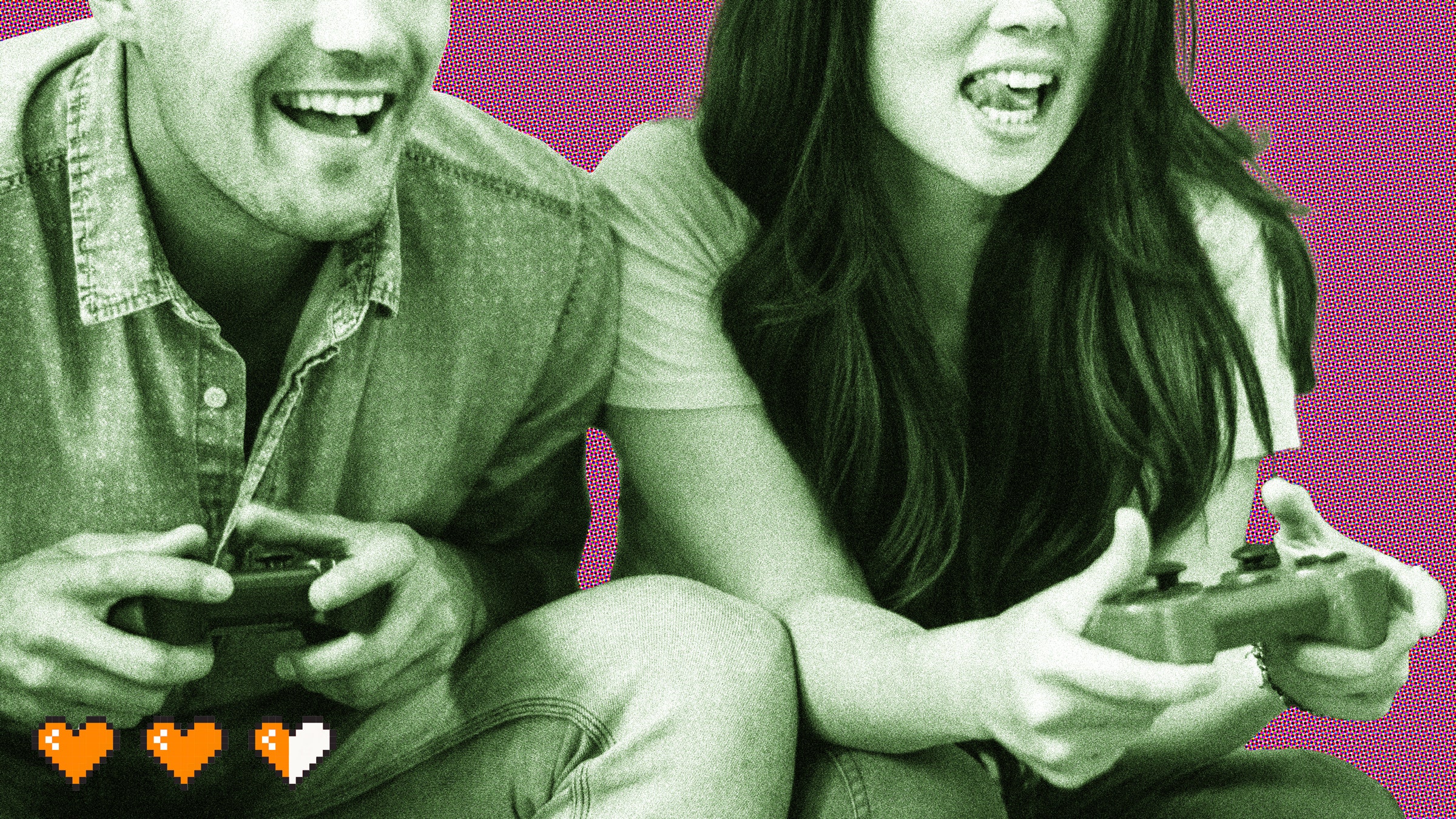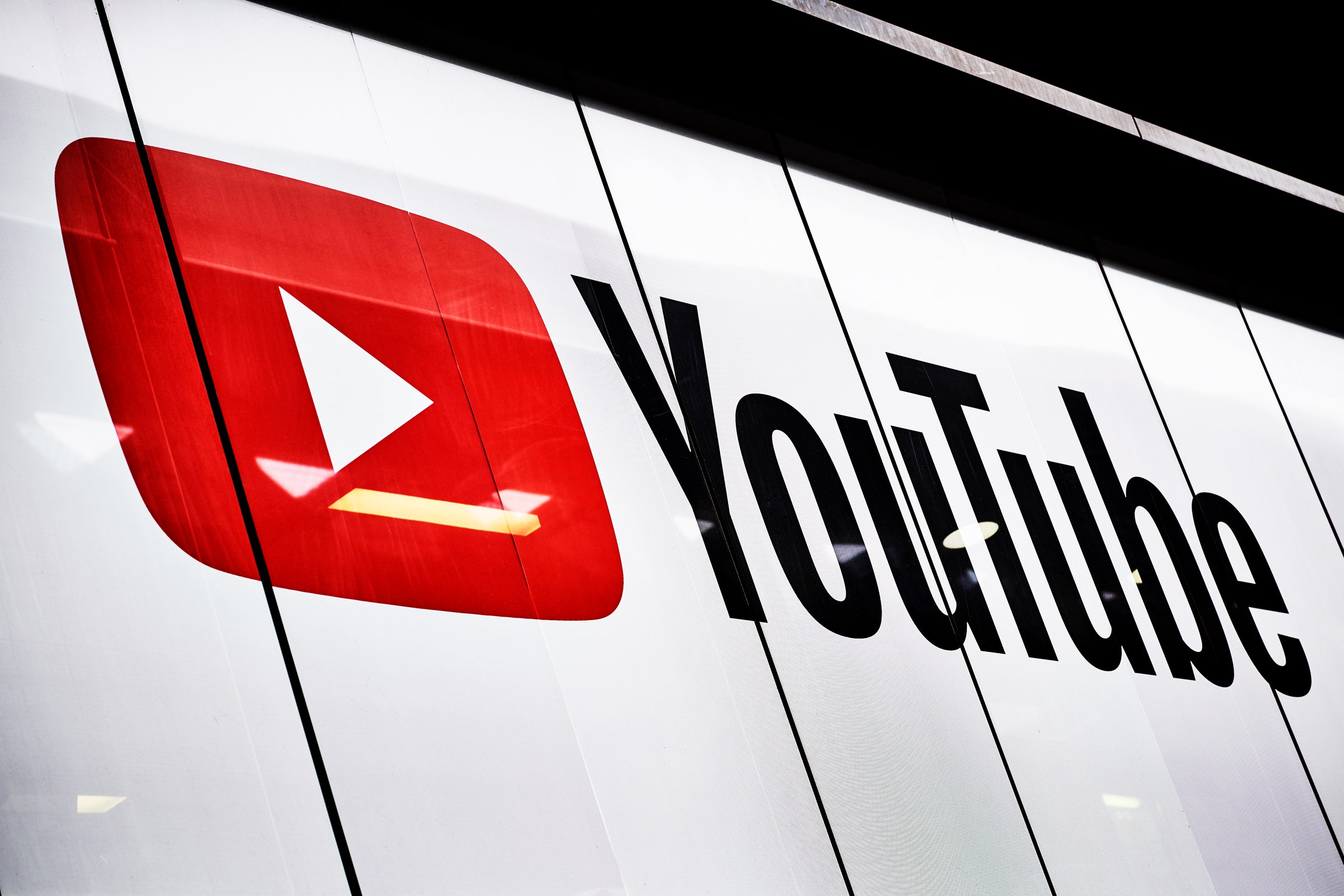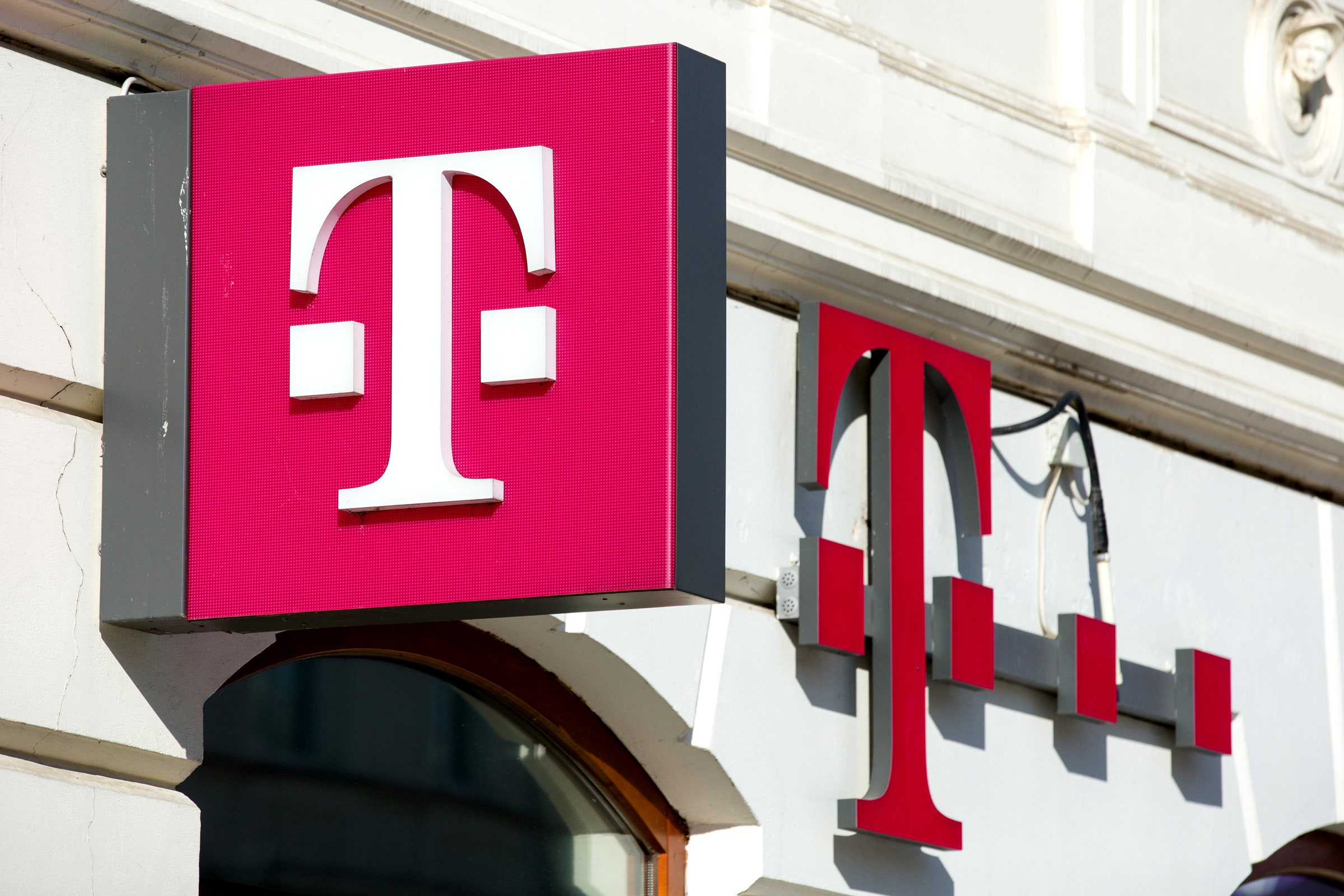'Date Like Goblins' Thinks Playing Games Can Fix Dating Apps

Swiping apps have gamified dating. Date Like Goblins wants to solve that by turning first dates into gaming sessions.
The app, which launched today via Kickstarter, gets users in the dating game through rather traditional means. They set up a profile, answer prompts, upload a photo (only if they want to), and search through a database of profiles to find people who pique their interest. When users find a potential match, they can book time on each others’ calendars to jump into a game—anything from World of Warcraft to free mobile games—and voice chat on Discord. The idea is for people to date in goblin mode—being one’s true, most unfiltered and self-indulgent self, often the opposite of how many people portray themselves on traditional dating apps.
“Why not show up as the version of yourself that they’re going to see and hang out with in the next three months?” says Lise Keeney, a publicist who built the app after struggling on dating apps herself.
Date Like Goblins is a crossover between dating and gaming, territory that online gamers have already waded into over the past two decades. But it’s also indicative of a larger shift among singles: People are so over swiping. Some have been doing it for years and still haven’t found their match. More than half of people who have never been married report having used a dating app at some point, according to a 2022 survey from Pew Research. But about 10 percent of partnered adults met their significant other on a dating app. As many boomers are exploring the apps, Gen Z is ready to say goodbye.
The discontent has spurred alternatives. There was the rise of Date Me docs in 2022, where people would write lengthy descriptions of themselves and what they were looking for into Google Docs to be circulated. Since ChatGPT’s rise to prominence, people have looked for ways to incorporate generative AI into conversations with strangers online, either by having a digital twin go on first dates for them or by turning to chatbots to come up with new pickup lines. Some singles have even ditched the apps entirely, opting to try to find love IRL.
“It’s hit an inflection point where people are really starting to pay attention to other ways of meeting—whether that’s in person or on more niche, specialized platforms,” says Liesel Sharabi, an associate professor of communications at Arizona State University who has studied niche dating platforms and dating app burnout.
These smaller platforms, Sharabi says, can provide a more “boutique-like” experience that might be more appealing than catchall apps because they know and understand their user base better.
That proved particularly true for apps meant for queer, nonmonogamous, or kink-focused daters, like Grindr and Feeld. Grindr saw 33 percent revenue growth last year, and Feeld’s user numbers were growing in 2023, too. There are apps focused on religion, fitness, and even rural users—as well as Kippo, which also has sought to connect lovers of video games.
Meanwhile, Match Group, which owns Tinder, Hinge, and other dating apps, has seen mixed results on its apps. Together with Bumble, which offended many with a disastrous ad campaign earlier this year (the company apologized), the big apps have lost $40 billion in market value since 2021. Bumble reported 10 percent growth in revenue year over year, and also refreshed its app, while Tinder grew 1 percent in revenue and Hinge by nearly 50 percent year over year, according to Match. But if Hinge, Bumble, and Tinder are the packed, noisy singles bars of online dating, these smaller apps are the quieter café or running club. There may be fewer people, but they’re more likely to start from a place where the singles have something in common.
The goblin dating model could provide a novel approach that appeals to more reclusive daters, says Jess Carbino, former in-house sociologist for Bumble and Tinder. “This could be an amazing resource for individuals who are more shy or reticent about meeting in person,” she says. She also wonders whether the low-lift aspect of dating in a game could make it easy to hop in and out of an interaction conveniently, and have people put off meeting in person.
Keeney notes that the early beta users of Date Like Goblins have included people who are neurodivergent, immunocompromised, or introverted, all of whom may feel more comfortable getting to know someone doing an activity rather than sitting down face-to-face for a drink or coffee. She created the app, she says, partially in response to the frustration she felt on traditional apps that her person may be hidden behind a paywall or obscured by an algorithm that can’t spot what would connect them. People can choose to try to meet singles closer to their physical location, or find people around the world, she says.
To better showcase someone’s personality, prompts on Date Like Goblins encourage more in-depth profiles than a typical quippy dating app bio. Some are quirky, for example: “Would you rather live in a world where every song ever is by Pitbull or live in a world where the only song is ‘Fireball’ by Pitbull but it’s covered by every artist ever?” (Choose wisely—the answer to that really says something about whether or not you can stand to spend the rest of your life with someone.)
Still, Carbino says she isn’t sure whether niche apps can truly disrupt the dating process; they may not tackle “the fundamental issues most daters are facing,” she says. Mostly, it’s about burnout, and struggling to make that quality match. “They hop on the apps,” she says. “They date for a while, and before the algorithms have an opportunity to learn about them, they get off the apps and feel demoralized.”
As a result, dating apps bear the brunt of criticism. But they’re doing a job once relegated to our larger social institutions and structures, Carbino says, like schools, churches, and family and friends: Get us to meet someone to fall in love with. If people failed to find love through their community, would they blame those around them the way they do the apps?
Perhaps the gaming aspect of Date Like Goblins can tap into that community feel. Already, so many people have met friends or partners playing games online, Keeney notes. She hopes her app can provide a “low pressure, easy way to connect with people” online, for those who are eagerly seeking a romantic partner or more friends. “If this is happening by accident,” she says, “imagine if we made this possible on purpose.”




